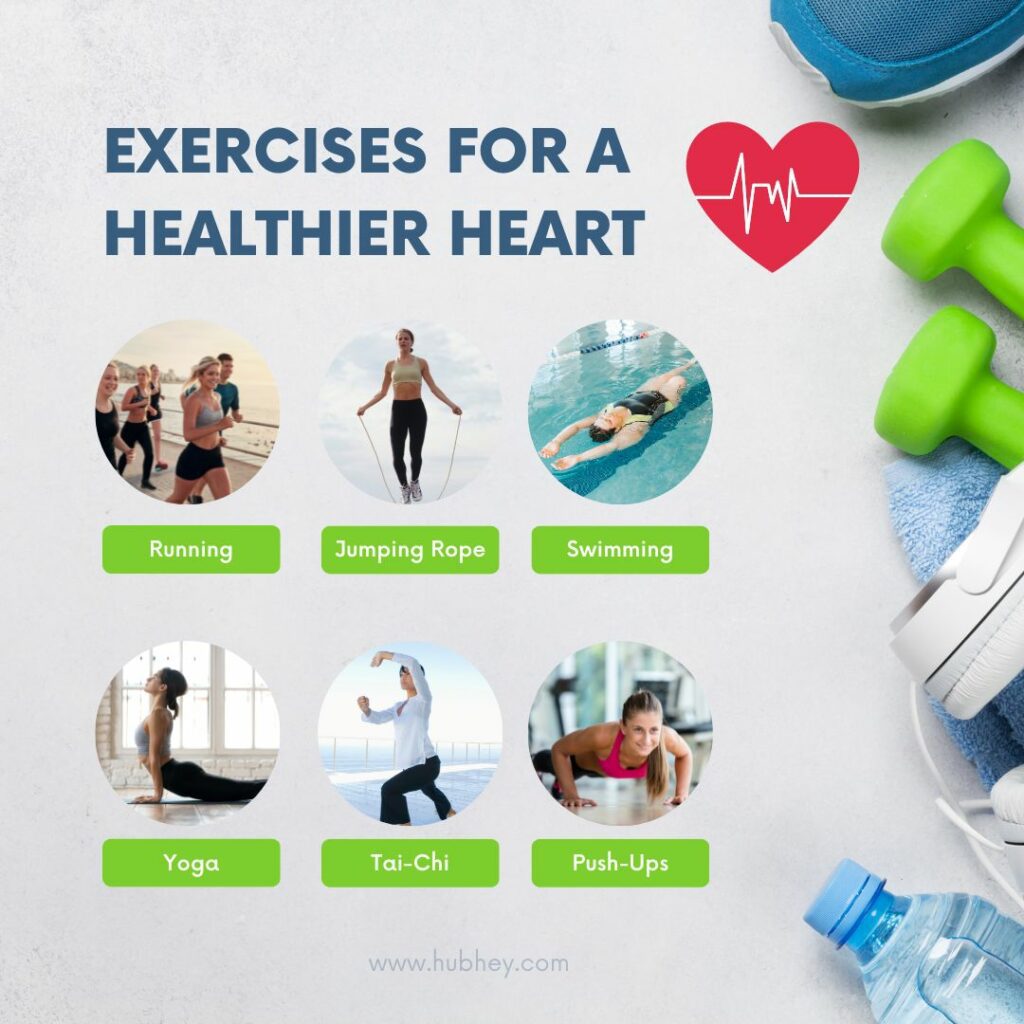Heart Disease
This is the crucial time you should be aware of facts and myths related to the heart.
Table of Contents
Nowadays, stressful life results in heart disease irrespective of age and gender.
So, let us keep ourselves informed enough to take the precautionary steps timely.
10 Myths And Facts
Make yourself aware of the myths and facts about heart disease so that you can reduce the chances of risking your life.
Do you also think that heart disease can occur only in men?
No, after 50 men and women have the same chances for heart disease.
According to the American College of Cardiology as their age increases women also become vulnerable to heart disease.
This is because of the hormone estrogen, which is found in females.
This hormone protects the heart but after menopause, its quantity decreases, and as a result heart disease can occur.
So the chances of heart disease are the same in both men and women.
Do thin people have fewer chances of heart disease?
Heart disease is related more to lifestyle than weight.
According to the research of the Albert Einstein College of Medicine, 50% of people who were considered overweight showed normal blood pressure and cholesterol because they were active whereas 1/4th of normal-weight people who were inactive showed higher cholesterol and blood pressure.
It means having an inactive lifestyle leads to heart disease.
Surgeries are more effective than medicines
Along with medicines, a lifestyle change is essential.
For blockage in arteries, mostly stent and bypass surgery are done but America’s National Institute of Health found that a change in lifestyle along with medicine then it is better than surgery because stents and bypass are not guaranteed to stop a heart attack.
Angioplasty and bypass surgery can do wonders for relieving chest pain (angina) and improving quality of life.
But they don’t stop the underlying disease—atherosclerosis.
Without correcting the problems that contribute to atherosclerosis, arteries will continue to become clogged with fatty plaque, which may mean the return of angina or worse—a heart attack or stroke.
If cholesterol is normal then there is no risk of heart disease
No, besides cholesterol many other factors are also responsible.
Revealed by research in the Journal of American College of Cardiology that 50% of people having heart disease had normal cholesterol.
It means besides cholesterol many other factors are responsible for this.
However, cholesterol is the first and most important sign related to heart disease.
If you take a cholesterol-lowering drug, you can eat anything.
If this is what you think then it’s not correct because a cholesterol-lowering drug reduces the cholesterol produced by the liver but if you take food rich in cholesterols and saturated fats then this medicine will not be so effective.
Heart disease comes from Parents (hereditary)
More chances of having heart disease but it is not necessary or a must.
According to the research of the Journal of New England Medicine if any one of the parents has heart disease then the probability of having the disease in children is but this is not definite that this will occur.
For example- Genetically high cholesterol occurs only in 1 among 200.
If you have heart disease you need to take it easy
No, do not take it easy and start a resting or sedentary lifestyle so that you think you are putting less pressure on your heart.
It will create clogs in arteries. Instead, ask the doctor what exercises you can continue with. Walking is the best.
It’s okay to have higher blood pressure when you’re older
It is never okay to have high blood pressure.
Blood pressure tends to increase with age but this should never cross the 140/90 mm mark and if it does then ask the doctor for the measures to be taken.
Blood pressure increases with age because the wall of arteries thickens with age causing an increase in the pressure of blood flow and this causes the heart to pump harder risking a heart attack.
You can lower your risk of heart disease with vitamins and supplements
This is true that beta carotene and antioxidants prevent heart disease but only when it is taken in their natural forms like in fruits and vegetables.
For reasons not yet understood, the body absorbs and utilizes vitamins and minerals best when they are acquired through foods.
To ensure you get the vitamins and minerals you need, skip store-bought supplements and eat a wide variety of nutritious foods of every color of the rainbow.
If you have smoked for years, you can’t reduce your risk of heart disease by quitting
This is very good news for those who want to quit smoking. Encourage yourself for quitting it because you can make your heart the same as if you have never smoked.
Only one year after quitting, your heart attack risk will have dropped by 50%; in 10 years.
If you have heart disease, you should eat as little fat as possible
Avoid saturated fat, partially hydrogenated fat, and trans fat. But other fats, notably the unsaturated fats in vegetable oils and other foods, are beneficial.
What does the research say?
- Keep a gap of 11 hours between breakfast and dinner
Always keep 11 hours of gap between the last and first meal of your day because the body works on different activities along with digestion.
If you didn’t follow this then aging cells, blood sugar, and fats will increase in your blood.
- Any physical activity that helps others
According to research due to an inactive lifestyle probability of metabolic syndrome is increased by 73%.
This increases the chances of heart disease. You can offer a seat to a passenger while traveling by bus.
This is just an example of the type of physical activity that helps others.
- Daily make a list of good things that happened
According to the Connective University of America those who have made a list of good things that happened while recovering from a heart attack were found to have fewer chances of a heart attack in the coming 8 years.


